
Herbs and Spices : Can sprinkling cinnamon on oats help lower blood pressure? Does adding fresh parsley to a salad count as one of your five a day?
New research shows that herbs and spices aren’t just a tasty way to add flavor to food — they can also offer a range of health benefits, from better heart health and blood sugar control to improving the gut microbiome, the community of microbes that aids digestion and boosts immunity.
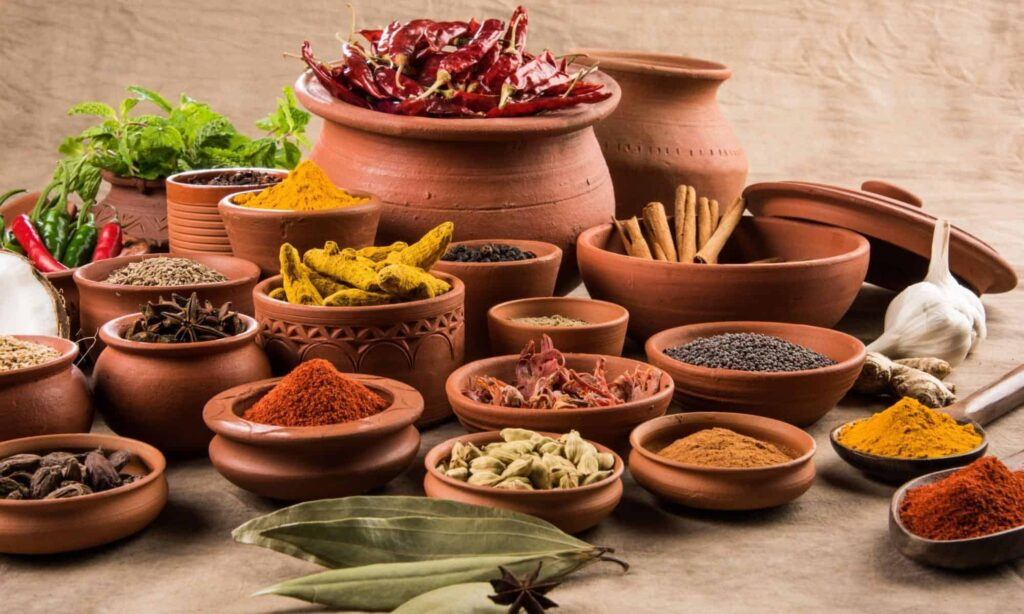
Although much of the research on herbs and spices is still in its early stages – and often uses concentrated extracts or large doses that you wouldn’t get from a normal meal – there are signs that even modest amounts can improve long-term health.
Take something as simple as oregano. Many of us use it to add flavor to spaghetti bolognese, but it’s a true nutritional powerhouse.
Gram for gram, oregano has more polyphenols – antioxidant compounds believed to reduce inflammation, which is linked to serious diseases like cancer – than so-called ‘superfoods’ like blueberries and cocoa.
Common cloves, mint, star anise, and celery seeds also contain similar amounts.
A recent study found that adults at risk for cardiovascular disease who consumed about 7 g of mixed herbs and spices (about 3 teaspoons) daily for four weeks had an increase in a group of gut bacteria that has previously been linked to better gut health and overall well-being.
The benefits are thought to be due to the high amounts of polyphenols and fiber in the blend, according to the researchers, who wrote for The Journal of Nutrition in 2022.
A further analysis from the same study, published in 2023 in The American Journal of Clinical Nutrition, showed that the same dose also reduced systolic blood pressure (the top number of the measurement) by about 2 mmHg and diastolic pressure (the bottom number) by 1.5 mmHg, after just four weeks.
Small, consistent reductions over time can yield a significant improvement in heart health.
Although herbs and spices don’t count as one of your daily five (because we use them in such small amounts), using them regularly can be an easy and delicious way to improve overall health.
So which ones should you pay more attention to? Here’s my guide to the herbs and spices worth trying, according to the latest evidence.
Cinnamon
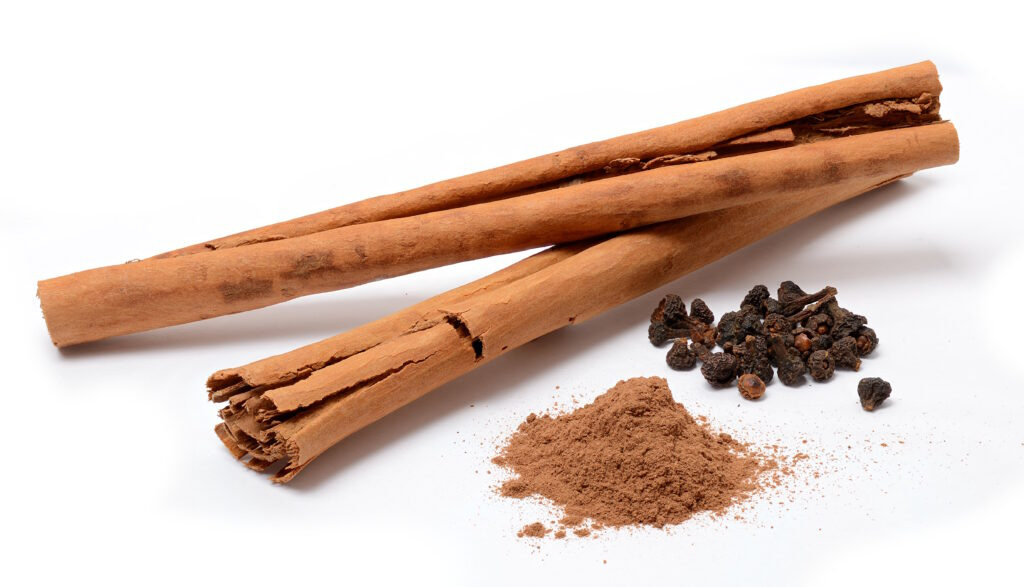
This popular spice has been linked to improving blood sugar control, especially in people with pre-diabetes or type 2 diabetes.
In a 2024 study published in The American Journal of Clinical Nutrition, people with pre-diabetes who consumed 4g of cinnamon (about 1½ teaspoons) daily for four weeks had better blood sugar control throughout the day.
These findings are consistent with those of a large review of 35 studies, published in 2022 in the journal Critical Reviews in Food Science and Nutrition, which showed that cinnamon slightly lowered blood sugar levels and improved cholesterol in people with type 2 diabetes or metabolic syndrome.
Eating cinnamon regularly may help a little, but what’s more important is what the rest of your diet contains, especially if you have pre-diabetes or type 2 diabetes.
One thing to note – most cinnamon on the market is the cassia variety, which contains a compound called coumarin that can be harmful in large quantities.
Ceylon cinnamon (usually labeled as ‘Ceylon’ or ‘true cinnamon’) is a safer choice if you use it frequently.
Saffron (turmeric)
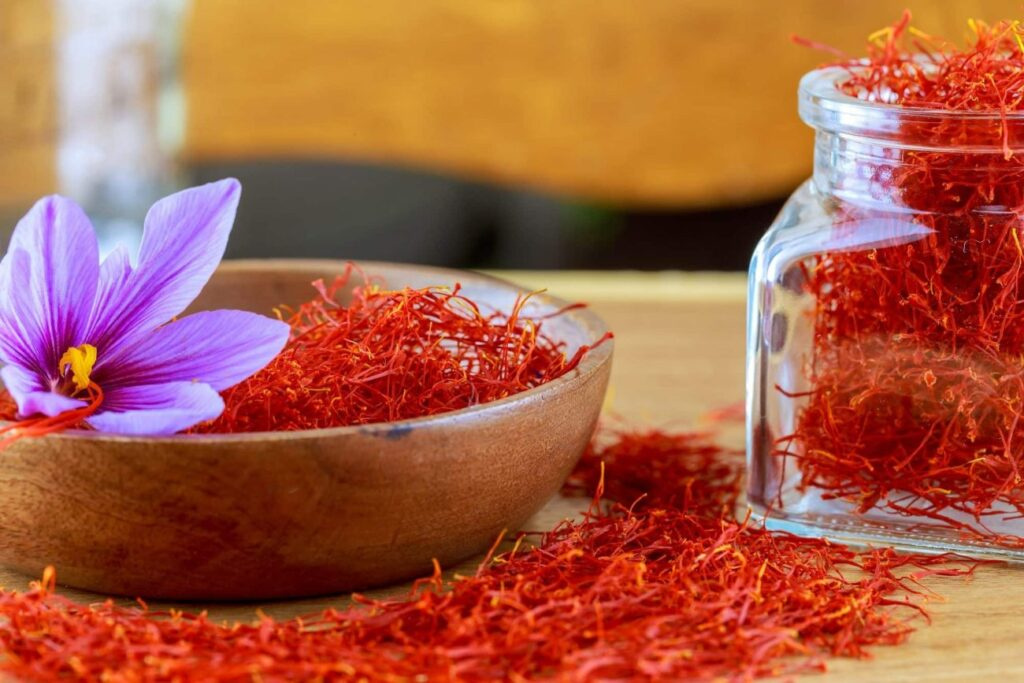
Golden in color and often used in curries and lattes, turmeric has long been valued for its potential health properties – some studies show that its active ingredient, curcumin, may be a powerful anti-inflammatory and antioxidant.
For example, a large review of previous studies, published in 2024 in Prostaglandins and Other Lipid Mediators, showed that curcumin significantly reduced markers of inflammation, such as C-reactive protein, in people (with an existing health condition) who took supplements with about 8g of curcumin per day, compared to those who did not.
Since curcumin is poorly absorbed, supplements often combine it with piperine (a component of black pepper) which can increase its absorption by up to 2,000 percent.
Cooking regularly with a few teaspoons of turmeric – ideally with a good grind of black pepper – may still have gradual long-term health benefits.
Ginger
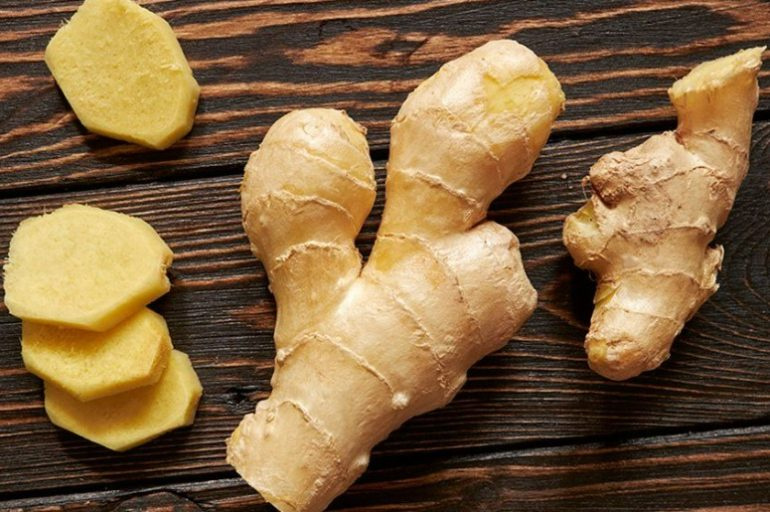
The compounds that give ginger its spicy flavor – gingerols and shogaols – affect several body processes, including inflammation, nausea, and our immune system response.
One of the most popular uses of ginger is for relieving nausea, and research supports this.
Clinical studies have found that ginger supplements can reduce nausea associated with pregnancy, chemotherapy, and post-surgery recovery.
In a 2024 study in the Journal of the Academy of Nutrition and Dietetics, people undergoing chemotherapy who consumed 1.2g (about ½ teaspoon) of dried ginger per day reported less nausea, vomiting, and fatigue, compared to those who took a placebo.
When cooking with fresh ginger, it is not necessary to peel it – just rinse and grate it as usual.
Or add a teaspoon of dried ginger to your morning yogurt. You can freeze fresh ginger – that way it will be even easier to grate.
Wild mint (peppermint)
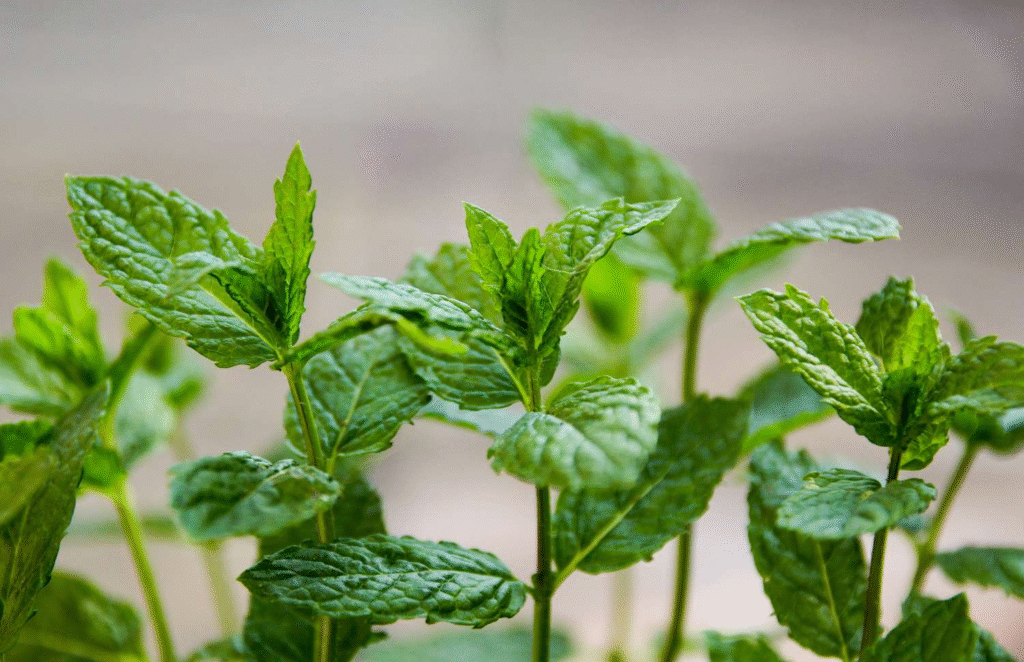
With a strong flavor and high levels of menthol, this type of mint is believed to have soothing properties for the intestines.
Spearmint oil is one of the most studied natural treatments for irritable bowel syndrome (IBS), and it appears to work in several ways.
Its main ingredient, menthol, helps relax the muscles of the intestinal wall, relieving cramps, bloating, and pain. It acts as a natural antispasmodic, calming the excessive intestinal contractions often seen in IBS.
People with IBS who took peppermint oil capsules were twice as likely to feel better and have less pain than those who took a placebo, according to 2019 research published in BMC Complementary and Alternative Medicine.
A cup of peppermint tea can offer some mild comfort, but it’s the concentrated oil (found in most pharmacies) that has shown the strongest benefits.
Carnation

Best known for its use in desserts and mulled wine, cloves have a long history as a natural cure for toothache.
Whole cloves were traditionally chewed to relieve toothache – a practice that now appears to be supported by modern research.
A 2006 study published in the Journal of Dentistry found that clove gel was as effective as 20 percent benzocaine (a common numbing gel) in reducing pain from a dental needle.
This effect comes thanks to eugenol, a compound in cloves that acts as a natural analgesic by blocking nerve signals.
So, if you suddenly feel a toothache and can’t get to the dentist or pharmacy, chewing a clove may offer short-term relief, although it may cause irritation for some.
Rosemary
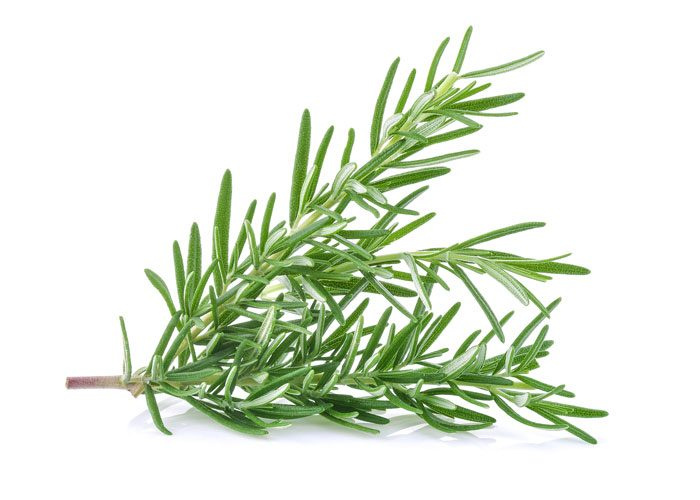
Of Mediterranean origin, this plant can help improve brain function.
Men who took 1g of rosemary extract daily for four weeks showed improvements in mood, energy, and mental acuity, according to a study published in 2020 in Nutrients.
Although this dosage is unattainable when cooking with fresh or dried rosemary, that doesn’t mean the herb isn’t worth adding. Finely chop the rosemary and use it to season vegetables before roasting, or rub it on chicken or lamb with garlic and olive oil. So delicious!





